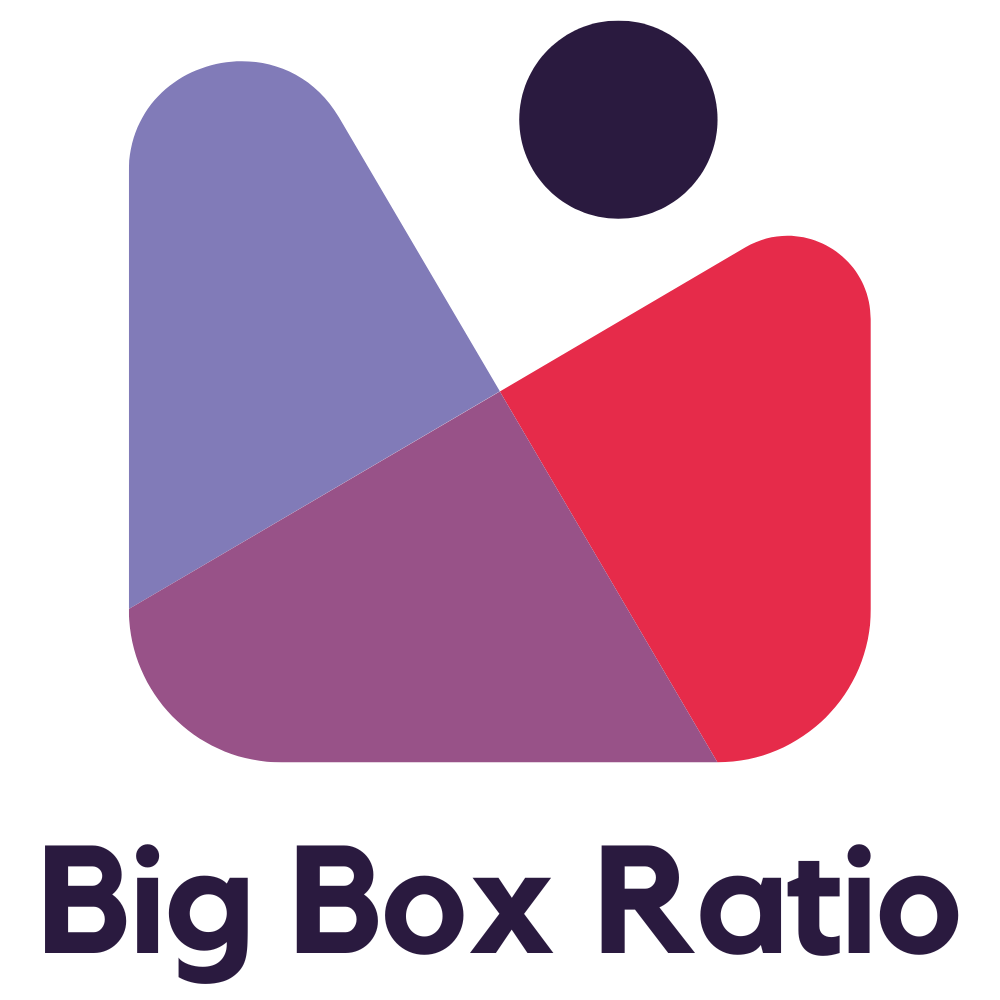Money drives the gambling world, but data is what fuels its future. As online gaming continues to scale at unprecedented speed, the conversation has shifted from bonuses and odds to analytics and algorithms. What used to be a simple game of chance has now become a sophisticated exercise in behavioral prediction, user profiling, and micro-targeted retention.
This is not just a tech trend, it is a structural shift in how gambling platforms operate and compete. Data is the engine, and those who wield it best will shape the industry.
Modern Gambling Runs on User Data
Modern players leave behind digital fingerprints with every spin, click, deposit, and rage quit. Platforms no longer guess what users want, they know. This data does not just sit in spreadsheets; it drives automated decisions in real time. Offers are personalized, games are promoted based on session history, and win-loss patterns feed directly into engagement models.
While some may see this as a convenience, others recognize a deeper shift. Gambling platforms are no longer just entertainment providers; they are data companies. Understanding how users think, how long they play, what time of day they bet, how quickly they deposit after a win, and how likely they are to return after a bonus expires are now metrics that define success.
Instant Decisions Mean Tighter Engagement Loops
What makes this even more impactful is the speed at which data is collected and deployed. In the past, casinos would make decisions based on monthly or quarterly reporting. Now, algorithms can push out dynamic promotions while the user is still active on the page. You lose two bets in a row, and the system immediately suggests a cashback bonus. You deposit for the third day in a row, and the platform upgrades your level before you log out.
This level of responsiveness creates what marketers dream of, a frictionless feedback loop between player behavior and platform incentives. It is efficient, scalable, and incredibly sticky. The cost of acquiring a player may rise, but the return on engagement has never been higher.

The Fine Line Between Personalization and Manipulation
Yet, with great data comes great responsibility. The line between personalization and manipulation is thin, and the temptation to push players toward addictive behaviors is very real. Platforms have the power to identify vulnerable patterns and choose what to do next. The ethical divide is clear. Do you offer self-exclusion options or flood the screen with time-limited offers? Do you alert a player who has doubled their average session time or double their reward tier?
Responsible Platforms Will Set the Industry Standard
Some platforms have begun investing in responsible gaming tools, not because they were forced to, but because smart operators know that sustainability matters more than short-term volume. Predictive models can also be used to flag problem gambling behavior, setting off internal alerts that recommend cooling-off periods or voluntary timeouts.
This is where regulation will eventually catch up, but early movers have the chance to lead. Users are not blind to manipulation. In fact, digital-savvy players increasingly favor platforms that show transparency, offer control, and do not feel like a slot machine dressed as a CRM system.
Players Expect Smarter, Not Pushier, Experiences
What matters most is intent. Is the platform using data to serve the user or just extract from them? Are machine learning models deployed to protect player wellbeing or push endless engagement? These are not theoretical questions; they are product decisions made every day by developers, marketers, and growth teams.
The opportunity is huge for operators. Data allows better onboarding, more relevant offers, sharper game design, and faster fraud detection. Done well, data builds loyalty and lifetime value. Done poorly, it erodes trust and brings regulatory heat.
Players now expect a tailored experience. They want their favorite games front and center, rewards that match their style, and recognition without being watched. Platforms that balance these desires will earn not just deposits but long-term retention.
The Data-Driven Future Is Already Taking Shape
One example of a company working to use data responsibly is BetWhale.biz, a platform that combines user behavior analytics with adjustable limits and real-time control panels. They are not alone, but they represent a new wave of operators focused on delivering smart experiences without selling out user well-being.
As the industry matures, data ethics will become a competitive differentiator. Brands that prove they can deliver intelligent personalization without crossing the line will rise above those still stuck in the volume game. The same way clean UX, fast withdrawals, and mobile optimization became standard, transparency around data will be the next battleground.
The future of iGaming will not be written in jackpots, it will be written in code. Behavioral metrics, session models, and predictive churn scores will drive decision-making from product design to customer service. The operators who embrace this shift while staying grounded in user respect will not just survive, they will define the next era.
Gambling may still be about luck, but running a gambling platform is all about data. And in this game, those who understand the player best, win.





